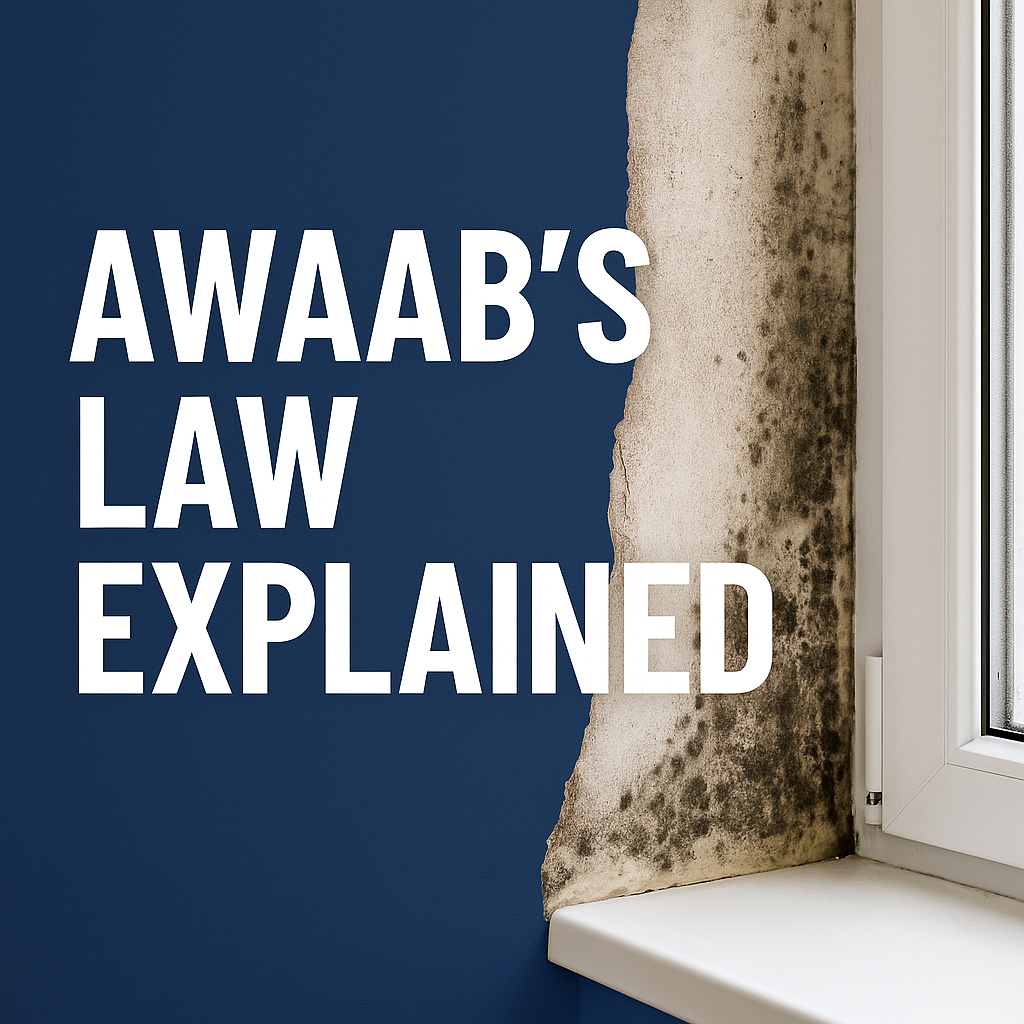A Guide for Landlords from an Estate Agent’s Perspective
As a landlord, one of the most stressful scenarios is when a tenant stops paying rent. At Charles Knight Estate Agents, we understand the financial pressure and uncertainty this can create. In this blog, we’ll walk you through:
What your legal options are
How we assist landlords in these situations
Preventative steps to reduce risk
And how our Guaranteed Rent Scheme can eliminate this problem entirely
🔹 Step 1: Confirm It’s Not an Error
Before assuming non-payment is intentional, it's important to:
Double-check payment dates and standing orders
Contact the tenant to check if it was an oversight
Look for a genuine reason (e.g., job loss, bank issue)
💬 Charles Knight Tip: We always attempt contact via email and phone the day after rent is due, to keep the issue from escalating.
🔹 Step 2: Check the Tenancy Agreement
Most ASTs (Assured Shorthold Tenancies) will have:
A rent due date clause
Details on arrears policies
Consequences for non-payment
You must ensure all terms have been followed before legal action is considered.
🔹 Step 3: Formal Rent Arrears Process
If no rent has been received after 14 days, Charles Knight will:
Send a formal arrears letter to the tenant
Notify the landlord and advise of next steps
Log all communication and missed payments in the tenancy file
Continue chasing the tenant while preparing legal notices if necessary
🔹 Step 4: Issuing a Section 8 Notice (Legal Route)
If the tenant is in at least two months' arrears, a Section 8 Notice can be served under Ground 8 of the Housing Act 1988.
Requires a minimum of 14 days' notice
Must be served correctly — wrong notice format or service will invalidate proceedings
Can lead to possession via County Court
⚖️ Important: If your paperwork (AST, deposit registration, EPC, gas certificate, How to Rent guide) is not in order, you may be unable to evict using Section 21 or Section 8.
🔹 Step 5: Applying for Court Possession
If the tenant fails to vacate after the Section 8 notice:
A possession claim is made at court
A judge will review evidence (payment history, notices served)
If approved, the court will issue a possession order and possibly money judgment for rent owed
If they still don’t leave:
You may need to apply for bailiff enforcement, adding cost and delay
🔹 Step 6: Can You Claim the Rent Back?
Yes — but it’s not always easy. Options include:
Money claim through court (CCJ)
Tracing the tenant post-eviction (if they’ve moved)
Claiming via rent guarantee insurance (if you have it)
💡 How Charles Knight Minimises This Risk for Landlords
We take proactive steps, including:
Full referencing and affordability checks
Income, employment, and credit assessments
Regular rent collection monitoring
Tenant communication handled professionally and promptly
🔐 Our Guaranteed Rent Scheme = 100% Protection
For ultimate peace of mind, our Guaranteed Rent Scheme ensures:
Rent is paid on time every month
No void periods
Legal eviction support included
You never deal with missed payments again
🛡️ Whether your tenant pays or not — you still get paid.
🧾 Final Thoughts
If your tenant stops paying rent, don’t panic — but act fast. The longer you wait, the more difficult and expensive the process becomes. Working with a managing agent like Charles Knight gives you:
Legal compliance
Professional arrears handling
Preventative tenant screening
Peace of mind
📞 Need Help With a Non-Paying Tenant?
We offer:
Free legal consultation
Rent collection & arrears service
Guaranteed rent protection
📩 Contact us today to speak to a property expert.

 By
By 



Share this with
Email
Facebook
Messenger
Twitter
Pinterest
LinkedIn
Copy this link